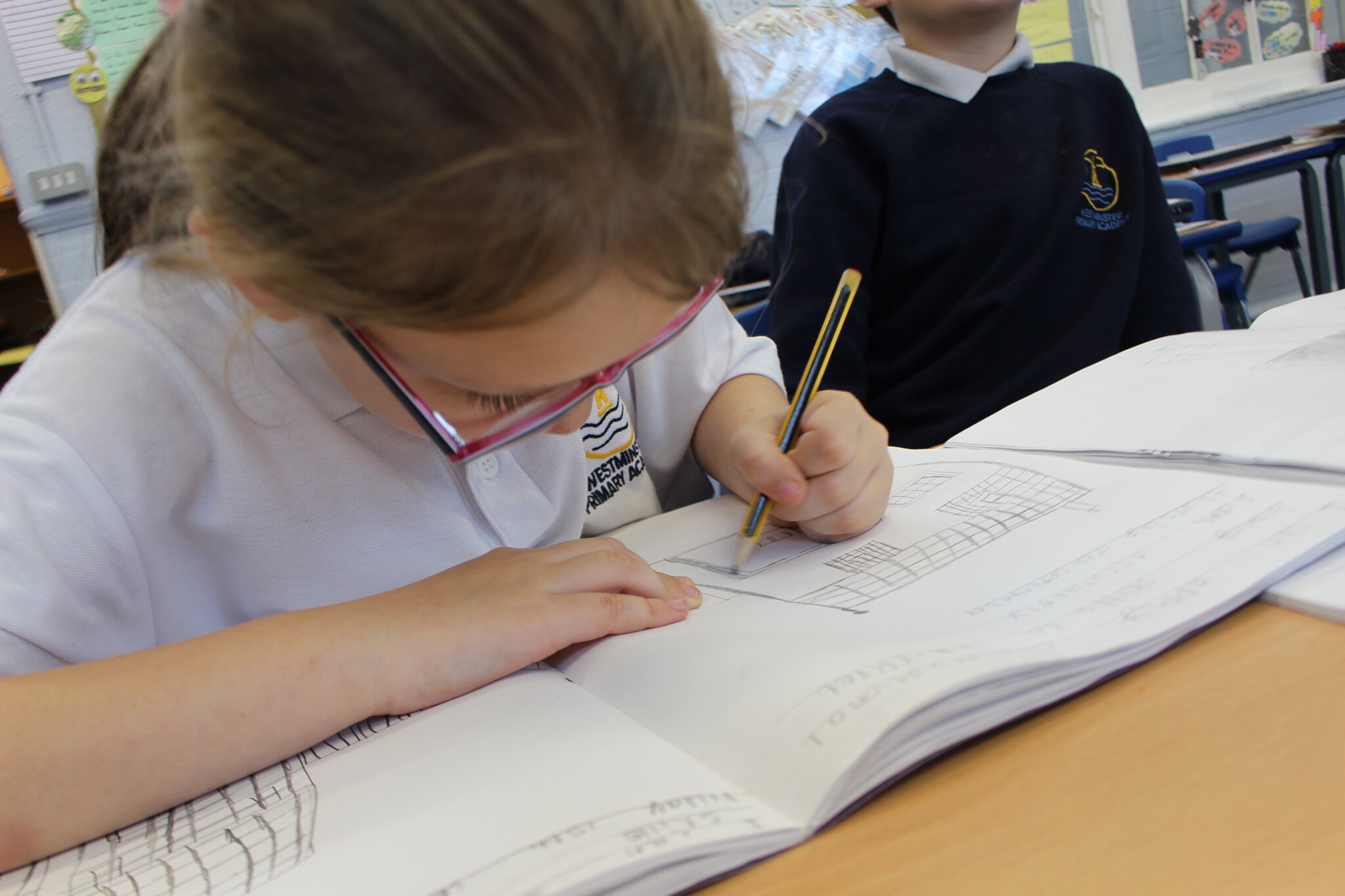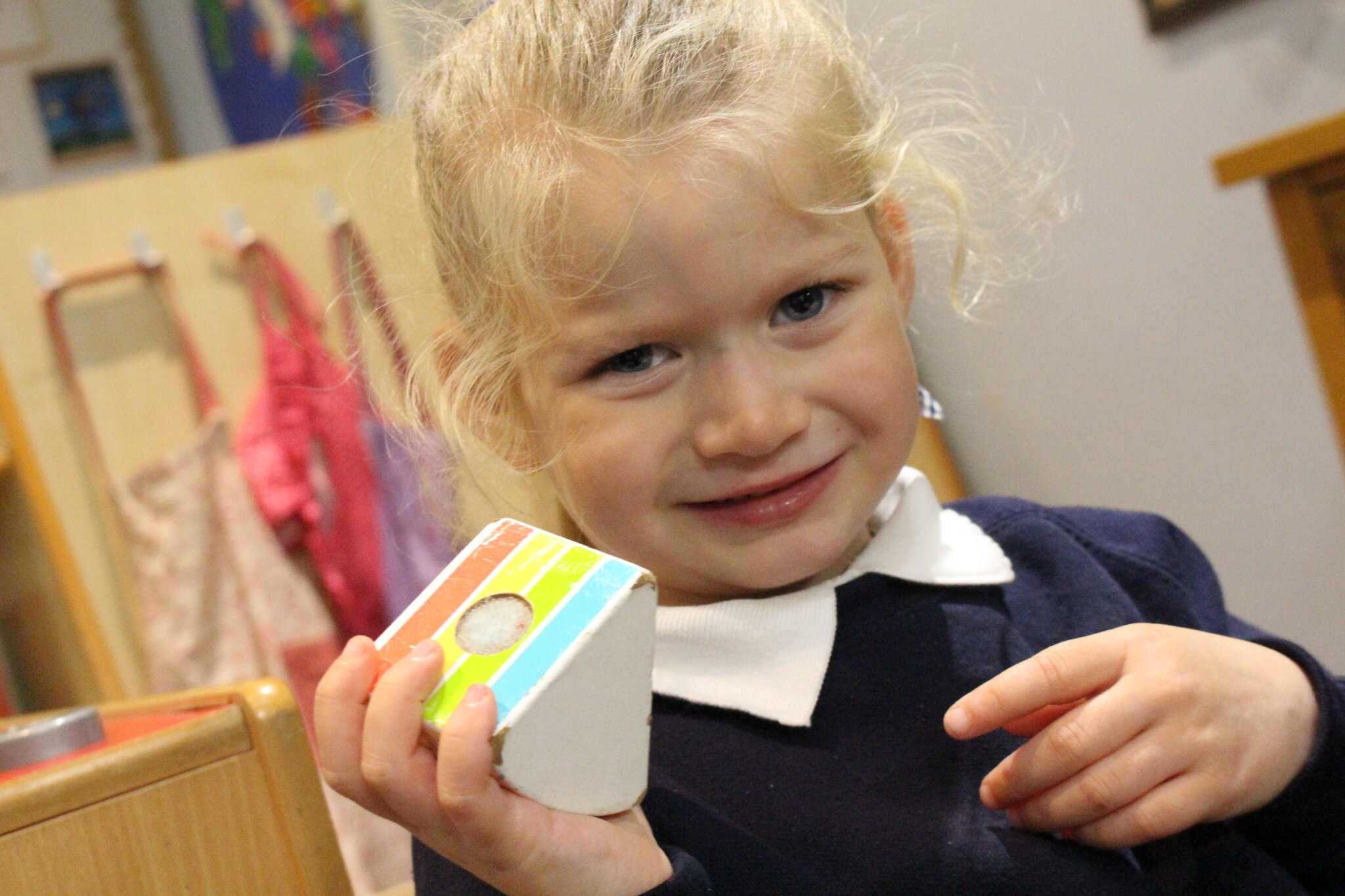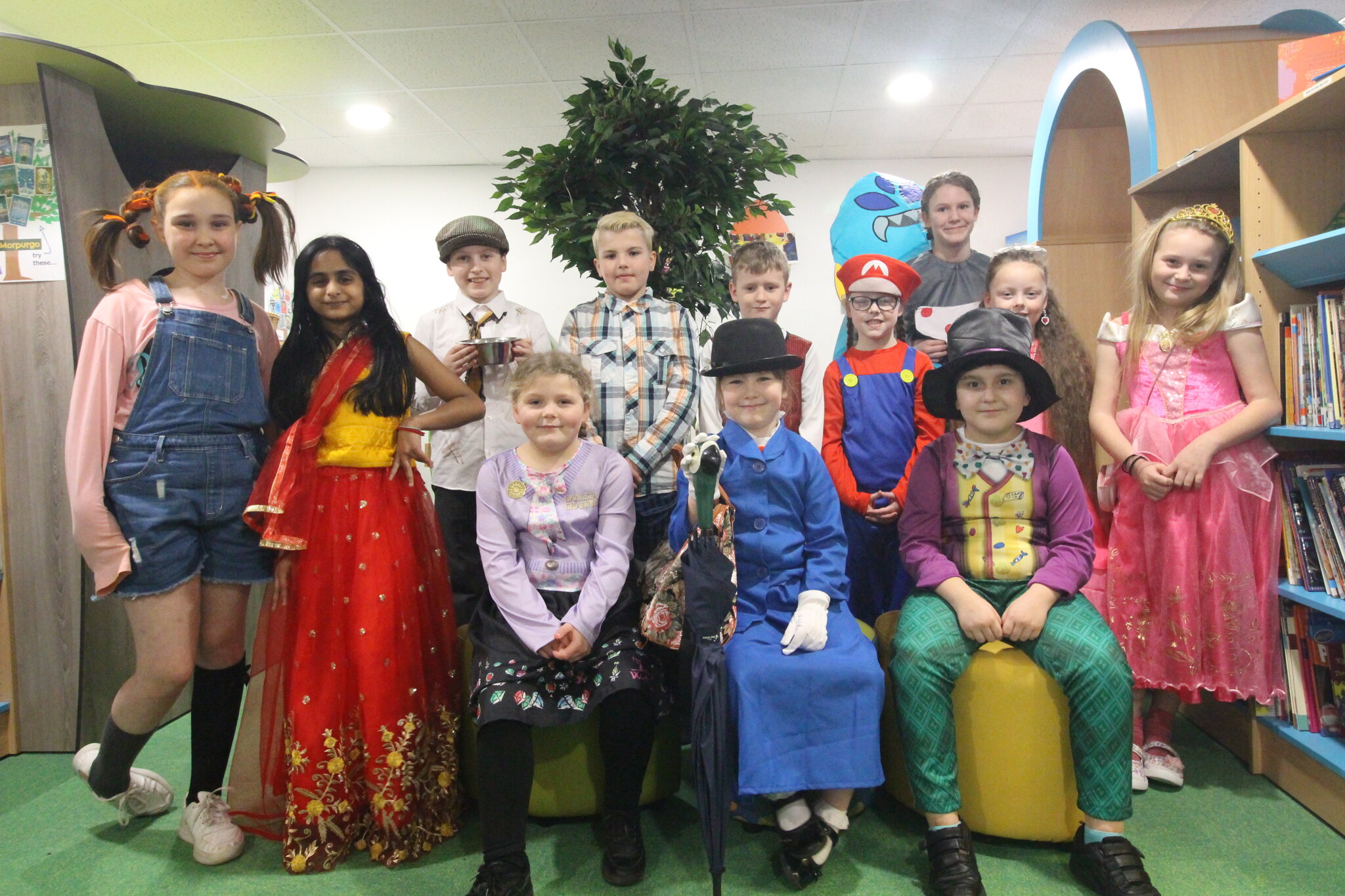English at Westminster
SLT Lead: Debbie Elliott
KS2 English Lead: Ben King
Early Reading/Phonics Lead: Emma Barr
Poetry and Spellings: Adam Green
Overview:
At Westminster Primary Academy, we aim to build a love and confidence of English in all children through communication, reading, writing and speaking and listening. Our ambition is for all pupils to become fluent, confident reader, articulate speakers and ambition writers capable of achieving highly across the curriculum and achieving success at school and in the future. As often as possible, English lessons will have a ‘text led’ and relevant, purposeful focus which supports our determination to foster a love of reading. We teach discrete English and phonics lessons daily and on top of this, we teach handwriting, guided reading, poetry, spelling rules and also incorporate English skills into ALL curriculum areas.
Recent Updates:
As of Autumn 25, we have invested in a new validated phonics scheme called ‘Read, Write Inc’. All class based staff will be trained to teach this scheme which helps all children learn to read fluently and at speed so they can focus on developing their skills in comprehension, vocabulary and spelling. There is more information below.
Work has been done throughout the year to reorganise the wealth of amazing books we are lucky to have in our beautiful, modern and inspiring library. As always, we are always trying to create opportunities to encourage reading for pleasure including new thematic book boxes in each classroom and events such as ‘Book at Bedtime’.
This academic year, we are proudly working towards renewing our whole school ‘Communication Friendly Setting’ accreditation through ELKLAN and we continue to adopt and use these strategies to help all our children develop their speech, language and communication skills.
Another major focus for the English team this academic year is raising standards in writing across the school. We ensure that we teach writing through engaging texts and / or real life ‘hooks’ to captivate the children’s interest and motivation to write. We have also invested in different writing pens, aids and new ‘Special Writing’ books.
Mr King has been working on embedding Oracy skills into all classrooms. We have strategies such as ABC (agree, build on or challenge) that all classes from year 1.
Mr Green is raising the profile of poetry across the school this year. He has bought ALL classes in school a lovely new poetry anthology for each class to enjoy a different poem each week. At the end of each half term, each class will present one of their favourite poems to an audience i.e in an assembly or to their partner class or families.
English in EYFS at Westminster:
At Westminster we prioritise the importance of English skills within the Early Years Foundation Stage (EYFS) curriculum. The development of communication, language, and early reading is central to a child's learning journey. English skills are woven throughout the whole of the EYFS curriculum with the aim of children being confident in this area as they transition to Key Stage 1.
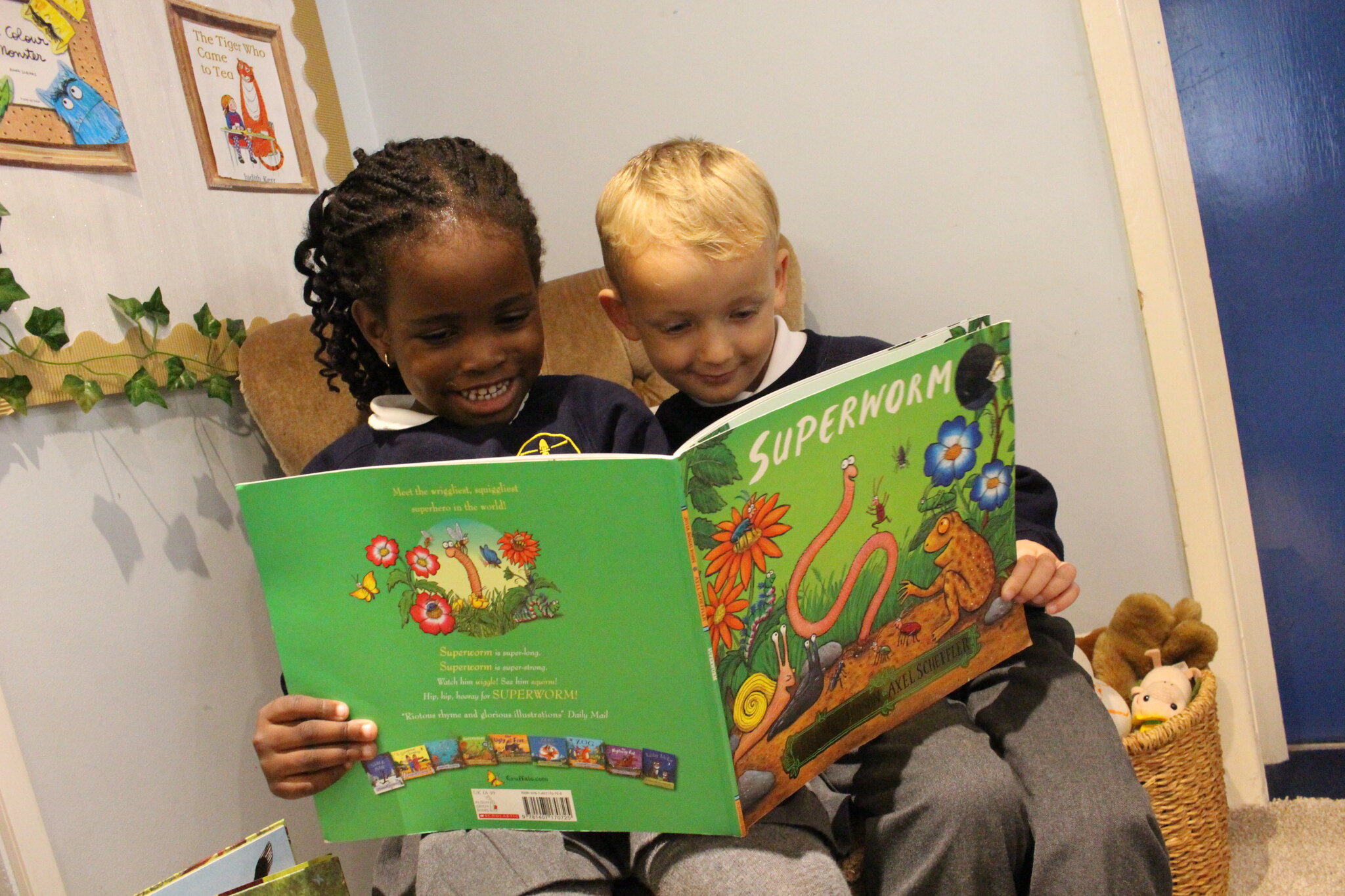
Listening and Attention:
- Children in EYFS are encouraged to listen actively, predict outcomes, and recall key information through story sessions and roleplay activities.
- Teachers assess listening skills by asking "how" and "why" questions to gauge understanding and reasoning.
- Activities are designed to help children focus their attention and engage with the material, even with distractions.
Speaking:
- Developing speaking skills is crucial, and staff ask both simple and complex questions to encourage children to articulate themselves clearly.
- Children are supported in forming sentences, expressing ideas in the correct order, and talking about past, present, and future events.
- Staff use various strategies to aid in language development, and interventions are provided when needed.
Reading:
- By the end of Reception, children should be able to decode simple words and understand basic sentences.
- Familiar stories should be retold, and children are encouraged to practice reading at home using targeted word and sound exercises.
- The use of "Bug Club" and “Oxford Owl” supports home learning by providing children with personalised online reading material.
Writing:
- The focus is on helping children spell words phonetically and write legible sentences. They should be able to spell common words and begin forming irregular words correctly.
- Writing is integrated into various learning activities, with a particular focus on fine and gross motor skills that support handwriting.
- The "Drawing Club" program encourages creativity and imagination while reinforcing writing skills.
Being Imaginative:
- Emphasis is placed on children expressing their creativity through storytelling, role play, art, music, and more.
- Children are encouraged to create their own stories, introduce plot twists, and act out stories they know.
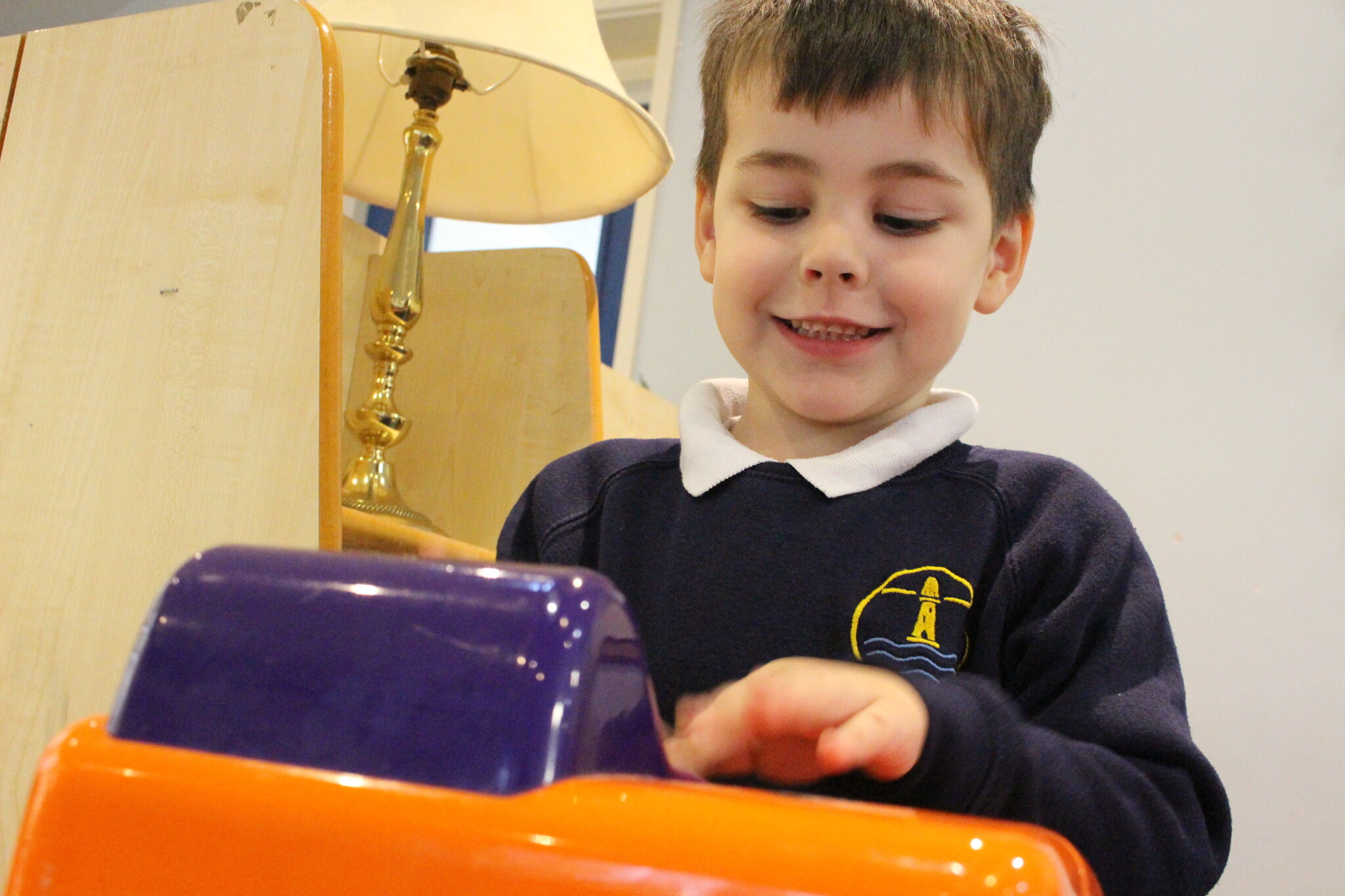
Reading at Westminster Primary Academy:
Early Reading is underpinned by systematic phonics through our Read Write Inc lessons taught daily in ‘staged’ groups. Each session includes ‘Book Time’ where children practise reading with fully decodable texts matched to their phonics knowledge, enabling secure progress in fluency, comprehension and prosody.


Children access ‘Bug Club’ online for home reading. This enables children to have books long enough to reread for fluency. Its online quizzes help us to monitor their understanding of their reading and this is regularly monitored by staff to ensure children are reading appropriate levels of texts. Children's engagement, success and access is monitored and rewarded regularly in school.
Phonics at Westminster Primary Academy:
Phonics lessons at Westminster are taught in small groups by trained staff daily and are grouped by stage not age. We use a systematic synthetic phonics programme called Read Write Inc. Teachers use the same strategies, teaching approaches and resources to ensure that there is fidelity and consistency in our approach. Our reading books are fully decodable and allow the children to progress as they read books that match their phonics ability.
When the children have secured their phonic skills we transition to a wider variety of reading material that can broaden their skills and strategies, this is usually in year 2. We have a good assessment system, PM Benchmarking, that helps us to pinpoint children skills, strategies and comprehension of reading. We use this to ensure that we know children's next steps clearly and that they are reading books that are well suited to match their needs.

For children who are struggling with reading, we have a variety of reading interventions to meet their needs including Better Reading, 1:1 tutoring, Read Write Inc ‘virtual classroom’ resources and Lexia. Our close monitoring and assessment of reading progress ensures that we know which children need support and the best support we can offer to ensure these children can build confidence and make good progress.

Children can access ‘Bug Club’ and ‘Oxford Owl’ online for home reading. This enables children to have books long enough to reread for fluency. Its online quizzes help us to monitor their understanding of their reading and this is regularly monitored by staff to ensure children are reading appropriate levels of texts. Children's engagement, success and access is monitored and rewarded regularly in school.

We have in place a systematic 1:1 intervention program to support our lowest readers to keep up with their phonics that works alongside and matches all systems, resources and strategies they receive in their phonics lessons. This is used in both KS1 and KS2. We also use BRP and ‘Speedy 5’ to support struggling readers in KS2.
Guided Reading at Westminster Primary Academy:
Key Stage 1
We use Read Write Inc. programme to teach children the skills they need to become confident, fluent readers. A key part of each lesson is Book Time, where children apply the phonics they’ve been learning to read a carefully matched storybook.
During Book Time, children:
- Practise fluency – they reread the text several times to build accuracy, expression, and confidence.
- Develop comprehension – teachers guide discussion about the book, asking questions that encourage prediction, explanation, and deeper understanding.
- Build vocabulary – new words are introduced and explored in context, helping children expand their language.
Because the books are closely matched to each child’s phonics stage, every child experiences success and can focus on making meaning rather than struggling with unfamiliar words.
This daily ‘Book Time’ session forms the foundation of our Guided Reading Approach. It ensures that all children are explicitly taught how to decode, understand, and enjoy texts – while practising the habits of skilled readers. Over time, this leads to greater fluency, comprehension, and a love of reading.
Children also take their Book Time storybooks home, giving them the chance to practise their reading further, share their progress with family, and build even greater fluency and confidence.

In Key Stage 2, each year group has been allocated a range of engaging class readers which have been designed to promote the love of reading within the classroom. These will be used to support guided reading and writing sessions. Teachers will also be focussing on comprehension skills with material taken from the ‘Literacy Shed’ in the form of comprehension, music videos and short inspiring videos. This reading approach will allow children to improve their understanding and confidence through exciting, diverse and bespoke tasks which meet the needs of all children within our setting.
.JPG)
.jpg)
.jpg)
Spelling at Westminster Primary Academy:
Every week, each year group has access to a weekly spelling rule taken from the National Curriculum. The children are taught this rule and are given time and different activities to practise the spellings at home and in school. The children are tested on the word list on a Monday (baseline test) and are given a score. Then they are tested on the same words on a Friday after learning the words all week and are rewarded for attitude and improvement. Throughout the week, we focus on discrete teaching of the rules paying close attention to the morphology - how words are built.
Vocabulary at Westminster Primary Academy:
We use ‘Word Aware’ to plan for and teach new vocabulary linked to our topics and key texts. We make sure that children are secure in their ‘Anchor Words’ and then we plan and teach children their ‘Goldilocks’ words (pitched ‘just right’) for their year group. These are probably the most important words to learn and revisit as these tier two words will be needed to make sense of the topic / text. We also plan for ‘Step On’ words which are complex words that need explaining but are unlikely to be encountered regularly afterwards. We use ‘Word Wizard Sheets’ which help us practice the Word Aware strategies when learning new words such as how many syllables it has, what are its synonyms etc.
Handwriting at Westminster Primary Academy:
At Westminster Primary Academy after focussing on letter formation in Read Write Inc we follow the ‘Penpals for Handwriting’ scheme of work. This is a consistent scheme that has been tried and tested in schools and is proven to drive up handwriting standards. It is split into developmental phases which provide clear progression for primary children. We aim for our children to leave in Year 6 with the ability to write using their own style of fast, fluent and legible handwriting. In addition to teaching handwriting during discrete handwriting lessons, we have high expectations that what is taught and applied during these lessons will also be applied in all writing.

Writing at Westminster Primary Academy:
At Westminster Primary Academy, we inspire our children to become independent, confident, fluent and proficient writers. We have created a new writing curriculum this academic year based upon diverse and engaging texts and / or real life ‘hooks’ to captivate the children’s interest and motivation to write. Within all units, children are immersed in and are taught the features of different fiction, poetry and non fiction writing genres. Children are prepared for the planning and independent writing process because teachers more carefully and explicitly model and scaffold the ideas, grammar and techniques of the writing process through short writing bursts leading up to a longer independent write.
We have invested in Grammarsaurus to help us teach SPAG. From year 1, we start off each academic year with a ‘Place Value of Punctuation and Grammar’ (PVPG) unit which provides a research-based, explicit instruction method for teaching the fundamental building blocks of sentence structure (like teaching place value in mathematics). The course focuses on concepts like nouns, verbs, subjects, and clauses, building from basic units to more complex sentences, ultimately aiming to improve children's writing outcomes by creating stronger foundations in grammar and punctuation.
As a school, particularly in reception and Key Stage 1, we use some oracy strategies to aid writing - including story mapping / actions to help retell stories and plan and write their own. We also use specific approaches such as ‘Colourful Semantics’ to help children structure simple sentences.
In other lessons, children are given a wide range of opportunities in which to develop their writing skills including spelling, punctuation, vocabulary and grammar skills. Where possible, our English units / texts are linked to current topics and therefore we encourage writing that has a purpose and links to other curriculum areas.
We have also invested in different writing pens, aids and new ‘Special Writing’ books.
.JPG)

Speaking and Listening at Westminster Primary Academy:
At Westminster Primary Academy, we believe that talking and communication is vital for all learning. This is currently an area of great importance at our school and we have gained our ‘Communication Friendly Setting’ status through ELKLAN. We also use Widgit (which is an image creating programme) in all areas of the school day including resources, displays, labels etc. This has been achieved by ensuring all staff in school are trained on the basic principles of ‘Communication Counts’ and apply these into their everyday work with children. In class and around school, children and staff are encouraged to speak clearly, confidently in full grammatical sentences to communicate their needs and thoughts as well as to actively listen to others. Children are given opportunities in all areas of the curriculum to develop these skills in paired, group or whole class situations including through role play, small world or drama activities.
At Westminster, we are lucky to have Miss Jones who is a Level 3 Teaching Assistant who helps support children with speech, language and communication needs. In her role she uses Wellcomm as a support package which helps determine the specific needs and targets for next steps.
We also have close links to The Blackpool Grand Theatre at which we watch shows and book readings each year. We also are part of the ‘Tales Retold’ project where experts from the Grand Theatre work each week with year 5 ending in a performance on the Grand Theatre stage!


